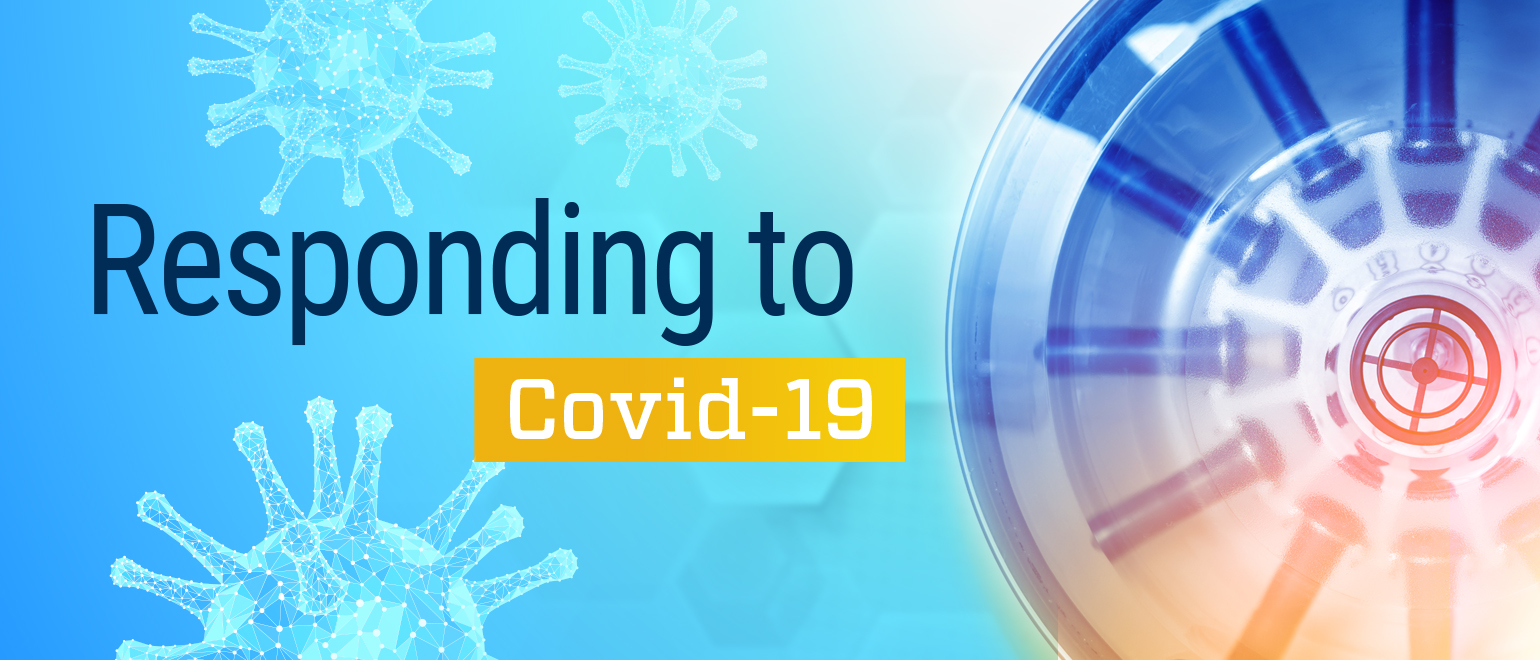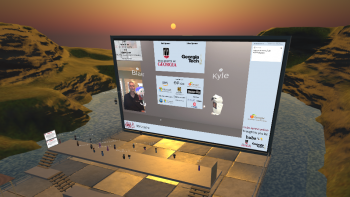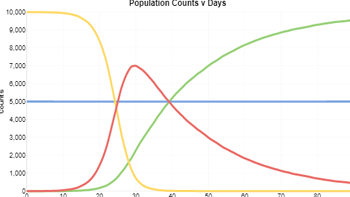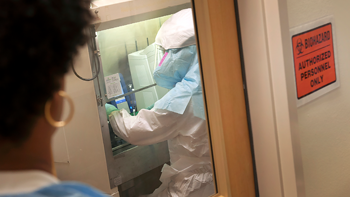
Responding to COVID-19
COVID-19 is a global challenge that we see once in a century. Georgia Tech’s Institute for People and Technology is sharing our insight and expertise to address the real-time changes that we’re seeing and experiencing in our healthcare system, economy, at work and home, and in the classroom. We’re continuing our current research while creating new partnerships and initiatives that tackle the challenges stemming from the pandemic in these research areas (read about this research in detail below):
- Moving to the Virtual World
- Modeling and Simulating Future Forecasting
- Mitigating Infection
- Supporting Social and Mental Health
- The Future of Work
In IPaT, we have transformed our research activities to safely and productively working online, on campus as needed, and venturing back into our field sites. As we chart the next year, we can work with you to renew your research and innovation activities in this new era. We welcome new partnerships and projects in these areas. Please contact us at ipat@gatech.edu.
Moving to the Virtual World

We’re merging physical and digital worlds by shifting work and meeting spaces, classrooms, laboratories, and entertainment experiences online.
We are seeking partners and opportunities to collaboratively design, deploy and evaluate new forms and methods for virtual interaction in all domains cross-cutting across training, UI/UX, and ambient experiences.
Research:
- Cognitive Empowerment Program Supports Virtual Programming
- Georgia Tech Professor Uses Virtual Reality to Move Major Academic Conference Online
- Convergence Innovation Competition Shifting to Virtual Format
Modeling and Simulating Future Forecasting

By examining historical data and trends, we’re helping communities to manage the impact of current and future outbreaks.
We are seeking partners and opportunities to innovate new methods and technologies for modeling and forecasting risks, from individuals to experiences to physical spaces to regions.
Research:
- Interactive Tool Helps People See Why Staying Home Matters During a Pandemic
- Will Smartphones Help Us Keep COVID-19 Under Control?
- Pinar Keskinocak on the Coronavirus Pandemic and the Benefits of Social Distancing
- Digital Tool Helps Hospital Make Important Coronavirus Retest Decisions
Mitigating Infection

We’re researching how to keep hospitals and communities safe from illness by understanding human interaction patterns and providing timely, comprehensible, and actionable advice.
We are seeking partners and opportunities to collect, curate, archive, and amplify data in healthcare environments – logistical, temporal, health records, population, contact tracing, and more.
Research:
- CDC Awards $2.2 Million to Prevent Spread of Infectious Diseases in Health Care Facilities
- Design Strategies for Biocontainment Units: Creating Safer Environments
- SimTigrate’s Research Benefitting 2 Atlanta Hospitals to Appear in Special Clinical Disease Supplement
Supporting Social and Mental Health

This worldwide crisis is frequently impacting those individuals and institutions that are the most vulnerable to greater and persistent harm. We are working to proactively address these disparities, to realize growing gaps in avenues for recourse and recovery, and to create new capabilities and lower barriers through empathetic socio-technical approaches.
We are seeking partners and opportunities to work across enterprises and large organizations to better understand the issues that exist and could arise in the future and how to best address them as it pertains to physical and mental wellness.
Research:
- Technology Innovation for Improving Access to Group Wellness Classes
- Georgia Tech Receives Google Grant to Study Impact of Pandemic Information Seeking on Vulnerable Populations
- LGBTQ+RISE UP Covid-19 Project
The Future of Work

We’re examining how work and training needs are evolving to take place virtually and safely in the physical world.
We are seeking partners and opportunities to put into place new methods and techniques for the rapidly accelerating changes to the future of work and lifestyles.




